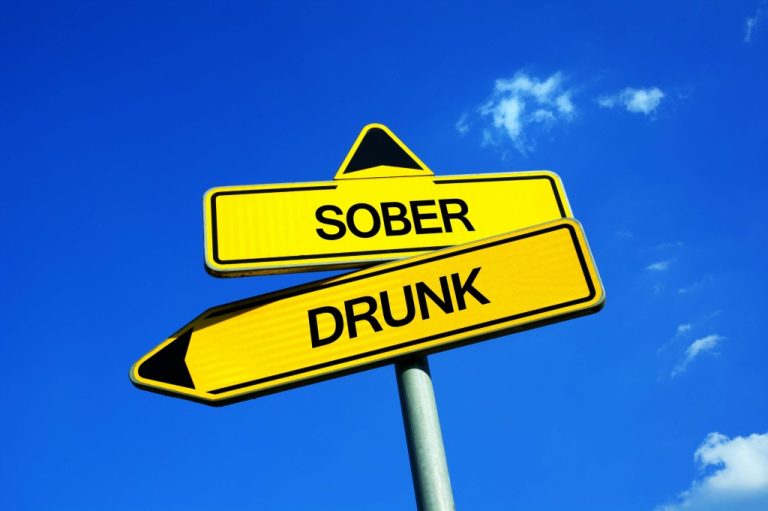7 Common Addiction Relapse Triggers and Warning Signs
Mostbet-AZ 45 Azərbaycanda bukmeker və kazino Bonus 550+250
August 16, 2022Latina dating eskorte kristiansund | sex i tønsberg trans escort oslo
August 16, 2022Content
Overall, it was a good experience as I feel I have learned many ways to deal with recovery through meetings, sponsors and a Higher Power; and no longer need alcohol to function. When I first arrived at the Discovery Institute I didn’t have gratitude or acceptance. Also, I was still in denial that my life was unmanageable and that I could still control my drug use and/or the lifestyle I was living. Learning from my counselor the most knowledgeable thing was that I do have a purpose; I deserve the life I dreamt of as a kid.
What are the 5 determinants of relapse?
- Motivation.
- Mental Strength.
- Family & Relationships.
- Anxiety & Depression.
If you recognize that some of the people, places, and things described above are triggers for you, you may benefit from working with a counselor to help you develop coping skills. Coping skills are tools that can be implemented to prevent a relapse. Counselors can help you identify and implement boundaries with people who do not respect or support your recovery. They can also help you locate recovery houses to avoid places that trigger you. Counselors are able to teach you skills to combat irrational and defeating self-talk. These triggers will vary depend on previous behaviors and memories, so keep in mind that triggers are unique to each individual. Racheal Doll is the Operations Manager and Admissions Coordinator at ATR and has worked in various positions in the recovery field for more than 10 years.
Types of Triggers That Can Lead to Addiction Relapse
This is also the time to deal with any family of origin issues or any past trauma that may have occurred. But they can be stressful issues, and, if tackled too soon, clients may not have the necessary coping skills to handle them, which may lead to relapse. Helping clients avoid high-risk situations is an important goal of therapy. Clinical experience has shown that individuals have a hard time identifying their high-risk situations and believing that they are high-risk.
What are 5 internal triggers?
- Nervousness.
- Insecurity.
- Boredom.
- Sadness.
- Embarrassment.
- Loneliness.
- Pressure.
- Tiredness.
A NIDA study maintains that exposure to drug-related objects may influence a former addict’s behavior. The brain registers these stimuli and processes them in the same areas involved in drug-seeking behavior. Treatment for addiction takes many forms and depends on the needs of the individual. In accordance with the American Society of Addiction Medicine, we offer information on outcome-oriented treatment that adheres to an established continuum of care. In this section, you will find information and resources related to evidence-based treatment models, counseling and therapy and payment and insurance options. My experience here at Discovery Institute has been very valuable during my 90 day stay.
What Are the Most Common Relapse Triggers?
Keep this list handy so you’re never left wondering how to fill your free time. At New Choices Treatment Centers, we know that recovery isn’t about getting a certificate, it’s about finding new ways to approach life’s problems. Our Camino Pathways Program builds a personalized treatment program that will provide you all the tools you need to transform your life. In such cases, using can seem like an easy way to escape whatever pain is being caused by the condition, be it physiological or psychological . Many people who want to avoid relapse need to avoid the triggers once they recognize them.

H.A.L.T. stands for “Hungry,” “Angry,” “Lonely,” “Tired,” and if you are experiencing one of those common emotions, it is an opportunity to practice positive coping types of relapse triggers mechanisms. Coping in a healthy manner requires that you have a plan in place to address your needs when you cannot directly respond to the particular trigger.
External Triggers
Our community offers unique perspectives on lifelong recovery and substance use prevention, empowering others through stories of strength and courage. From people in active recovery to advocates who have lost loved ones to the devastating disease of addiction, our community understands the struggle and provides guidance born of personal experience. You will also find information on spotting the signs and symptoms of substance use and hotlines for immediate assistance.

Refusing to engage in conversations that glorify past using experiences, however tempting and exciting, is the wisest strategy. Music https://ecosoberhouse.com/ can be a powerful trigger possibly causing euphoria, using memories, depressed mood, anxiety or alternatively a positive connection.
| The All-Or-Nothing/Perfectionism Relapse
In general, addicted people tend to find it unusually difficult to accept an unpleasant reality. Perhaps that’s why they often look for “an easier, softer way” and thus gravitate towards addictive substances and processes. A pattern of relapse and remission is very common for those suffering with long-term addictions. However, it’s worth thinking about exactly what impact this has on your life and how it can be avoided. Remission can be followed by a likelihood of relapse so preventive interventions may stop future use. Post treatment relapse rates are very high so dedication and hard work is necessary. Clients are encouraged to identify whether they are non-users or denied users.
- Studies show that people treated for insomnia in the early stages of their recovery were less likely to relapse.
- Recovery is hard work and drug use feels easy, and this can make people feel like their efforts haven’t been worth it.
- Therefore, on the one hand, individuals expect that using will continue to be fun, and, on the other hand, they expect that not using will be uncomfortable.
- If you find yourself stuck thinking about drugs or alcohol, it’s time to get your support system involved.
- Managing your relapse triggers is a process that takes time and a skill that you will develop and strengthen with practice.
- People who struggle with addiction frequently lose their capacity to know when to stop.
On the other hand, individuals expect that not using drugs or alcohol will lead to the emotional pain or boredom that they tried to escape. Therefore, on the one hand, individuals expect that using will continue to be fun, and, on the other hand, they expect that not using will be uncomfortable. But you can learn to recognize the warning signs for relapse and identify when it may be time to consider a return to, or a change in, treatment.


